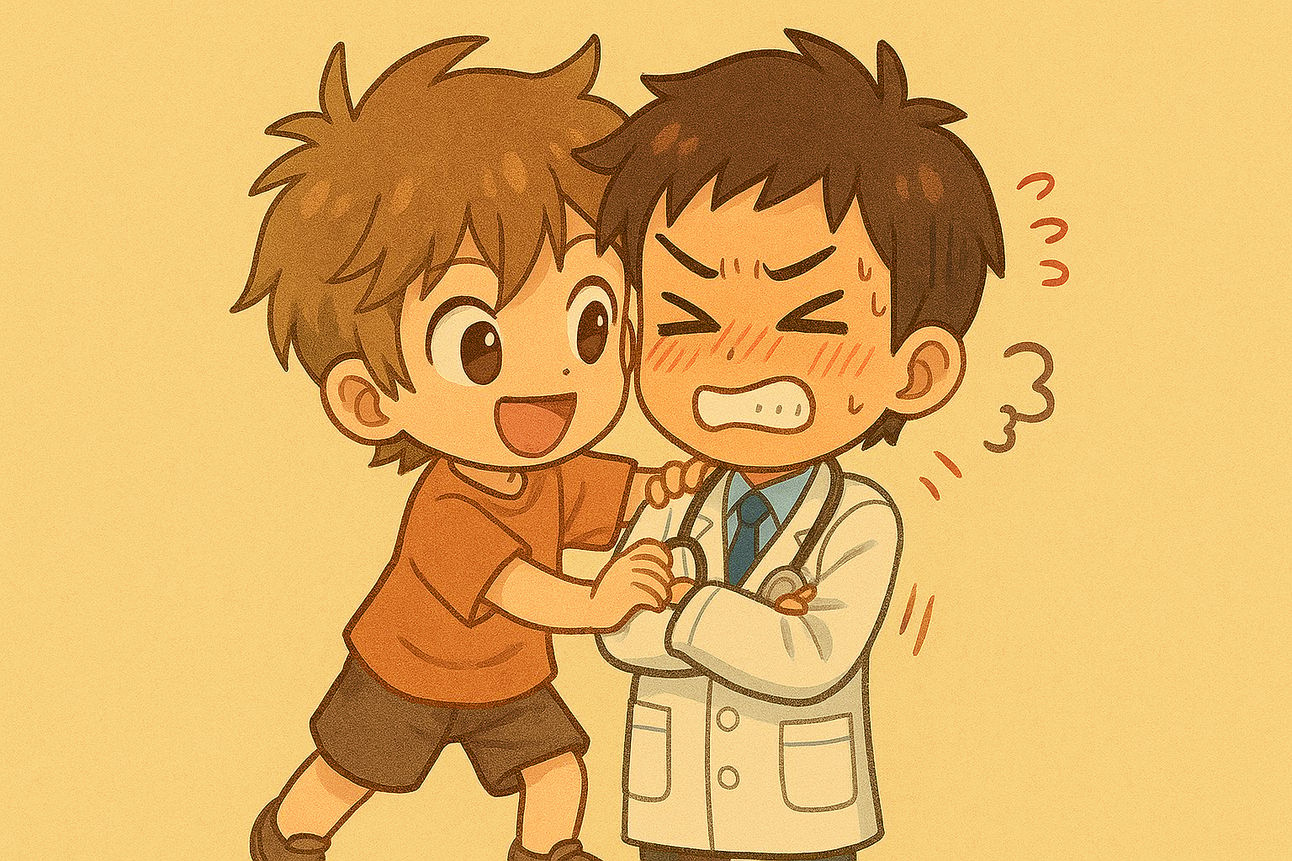- The Wealthy Prognosis
- Posts
- The Most Important Person
The Most Important Person
Tapping into our inner main characters.
OUR ADDICTION TO OURSELVES

On our very first date, Peter laid bare five simple rules if I were to continue seeing him. These five rules were: (1) no physical touch until his explicit approval, (2) no surprises or gifts, (3) don’t expect him to call or text back immediately, (4) don’t expect him to join at any or every social function, (5) don’t expect him to celebrate holidays or special occasions. Ironically enough, he gave me a farewell hug at the conclusion of our first date.

Peter formulated these five rules from a string of bad dates. As he observed people around him in successful relationships, he found patterns that he wanted to emulate. Specifically, he admired people who had their own boundaries (internal and external), lives, friends, and family. He was looking for a partner who did not sequester themselves behind the confines of their romantic relationships. From prior experiences, he felt very uncomfortable when his partner immersed themselves wholly and singularly into his world.

I never had such an experience, but if my day to day work taught me anything, it was that one’s relationship with oneself will always be most important. In a world where relational experiences are so formative, it only stands to reason that our most fundamental and basic of relationships take highest priority. By way of this maturation and self-assuredness, I think we are able to maintain a balance in the tug-and-pull of relationship demands.

Though the five rules may seem only tangentially related to maintaining one’s sense of individuality, the enforcing of such boundaries reflect his general self-assuredness. He is someone from the very beginning that I could tell had his head screwed on properly. From my own past, I learned to stop sacrificing elements of my self under the guise of compromise. It was nice to meet someone who could mirror that.

We agree that as individuals, we do not exist just to fulfill roles within a romantic relationship (or any one particular relationship for that matter). In fact, romantic relationships are not the only important ones in our lives, nor are they necessarily the most important at all given times. By prioritizing our own selves, we find that our relationship with each other is that much more fulfilling. Important relationships in our lives—romantic, familial, collegial—embed themselves naturally into our being. But, we are careful to not be wholly engulfed by any one external relationship.

We look forward to having children one day, and we hope to continue this practice, where our identities are not solely tied to our children. Parenting and raising children is obviously one of the biggest endeavors and investments we’ll make during our lives. But Peter and I want children as part of our lives, and not have our lives defined by their existence. We intend on still doing all the things we love and enjoy, including hobbies, friends, personal development, and travel as we grow into parenthood.

The complete adoption of another’s identity as our own is a pathologic form of introjection, a psychological defense that describes the integration of beliefs, values, and characteristics into our own sense of self. A relevant example would be the departure of children from homes that have left many parents with the solitude of empty nest syndrome.

It is not selfish or unhealthy to be absorbed in our own lives. We had lives before meeting each other, we have lives during the relationship, and we will continue to have our own lives if or when apart. I once dated someone who, after the very first encounter, became all too invested in my personal affairs and could not fathom that I did not divulge every second of my whereabouts. Needless to say, it was a short-lived connection.

I was taken aback when Peter presented to me his five rules in dating, as I always worked under the assumption that these were implicit. As it turns out, Peter has had his fair share of dates or relationships who could not respect these basic tenets. He still jokingly reminds me from time to time how it would have only been acceptable if he went in for a hug on our first date, and not the other way around—giant hypocrite right? Interestingly, the fact that he had such rules (and structure to his life, as I soon learned) was very attractive to me. In time, he learned that I held similar principles.

To this day, we are sure to set time apart for ourselves but do so in a way that still allows us to bond in each other’s presence. Who knew parallel play as adults could be so fun? Plus, the satisfaction that comes with knowing Peter and I choose to be with each other out of thoughtful intention bears no equal. We’ve helped each other grow and smooth out each other’s rough edges which is the beauty of such a relationship. But, we engage in this process as willing and happy participants.

XOXO,
Howard and Peter